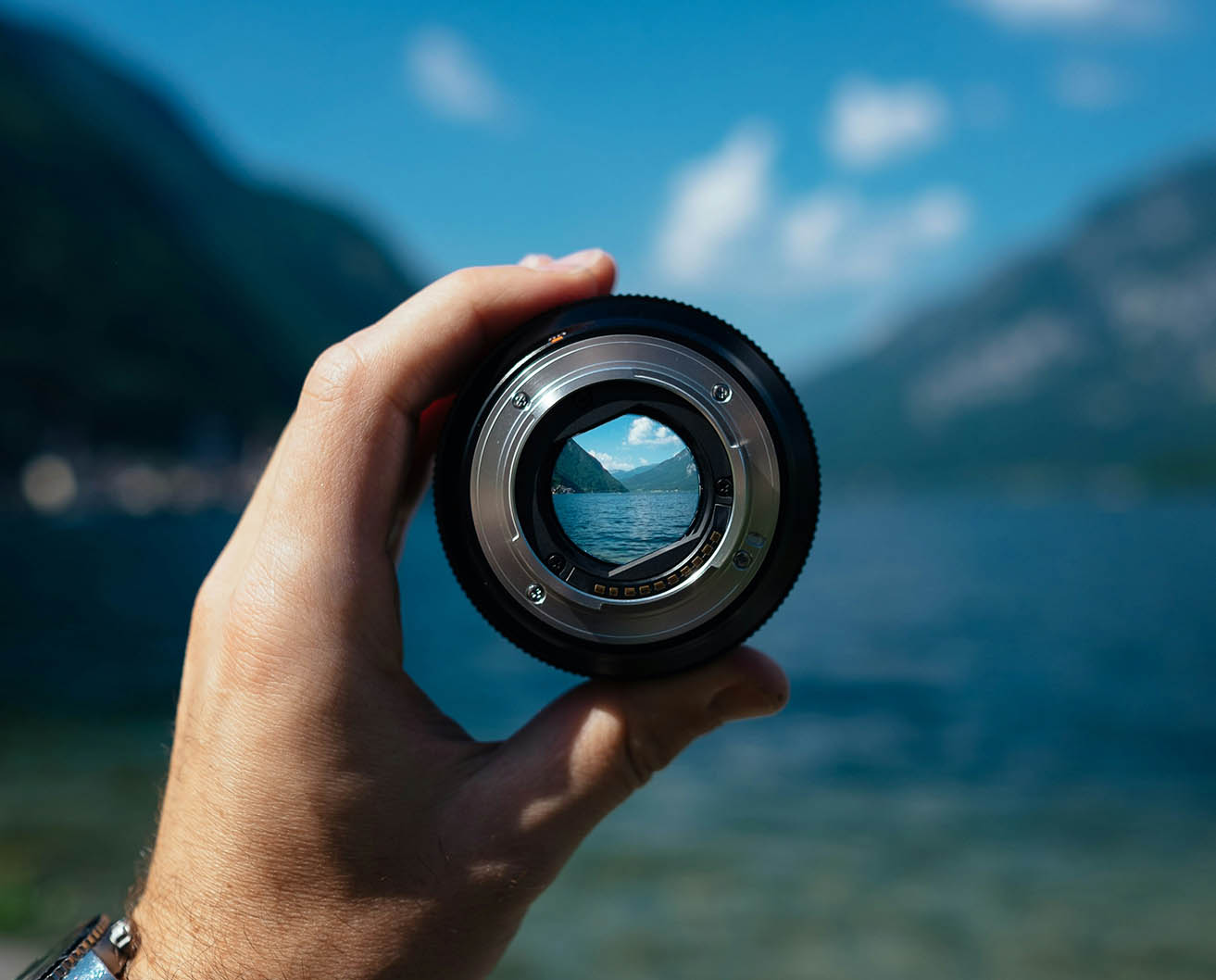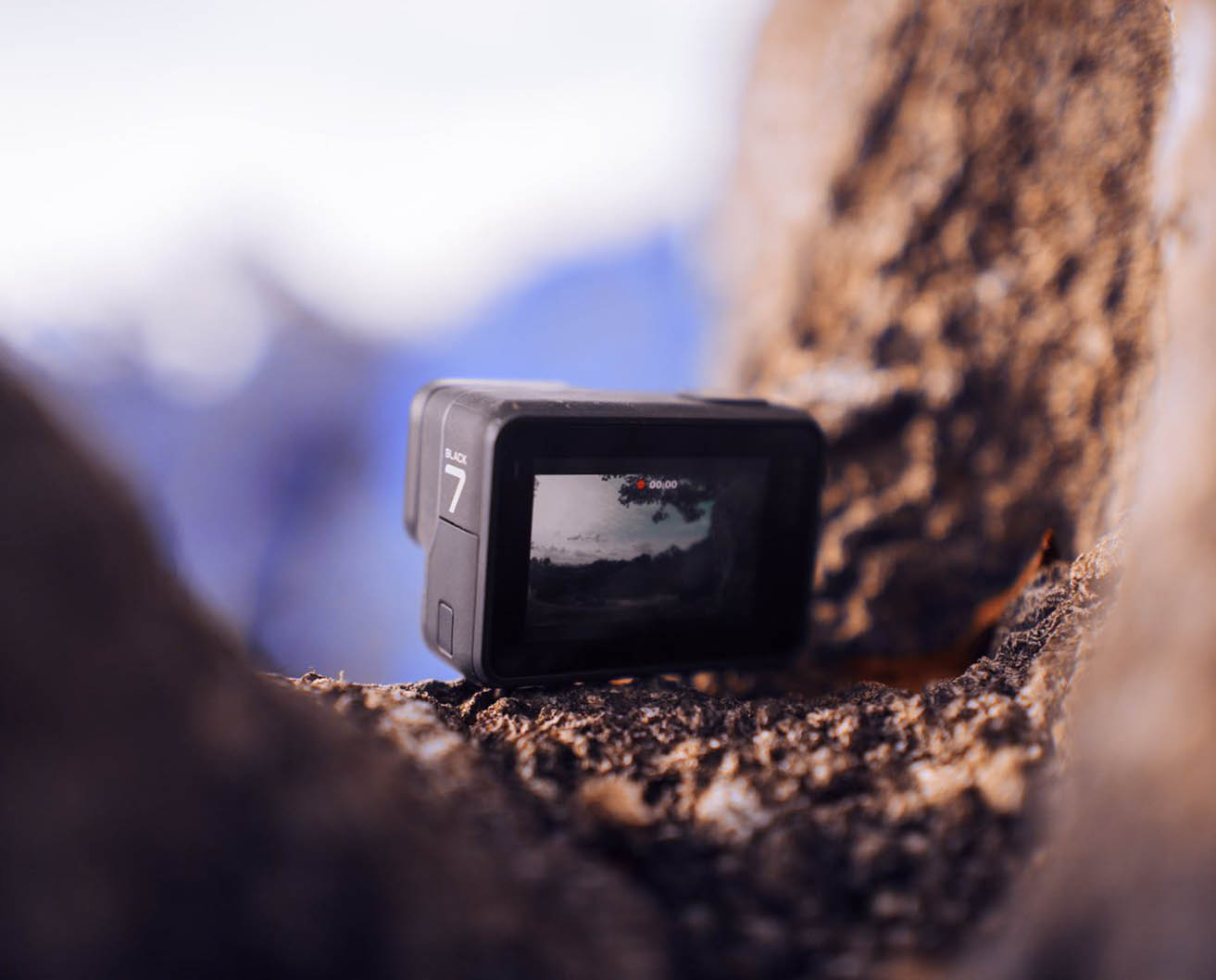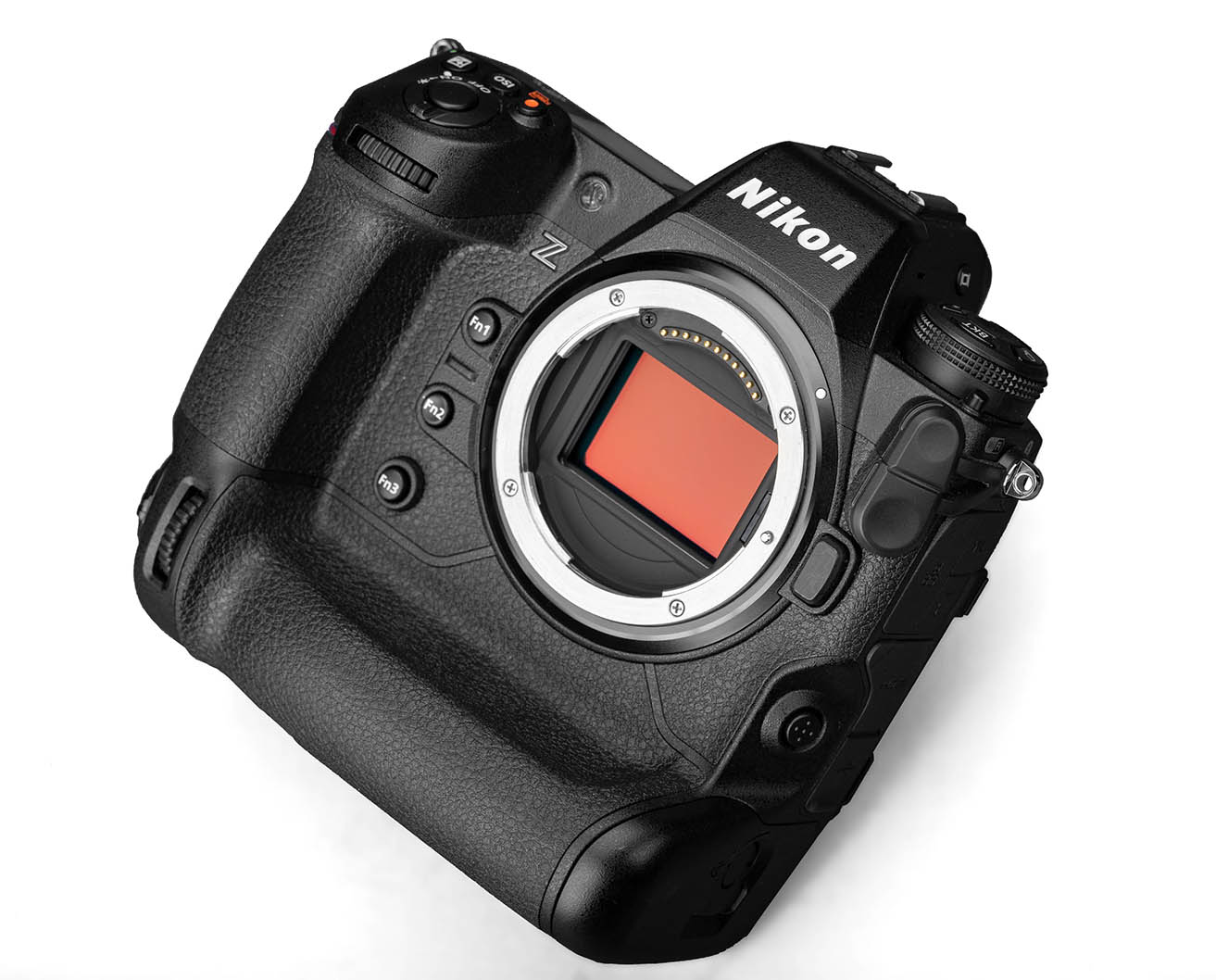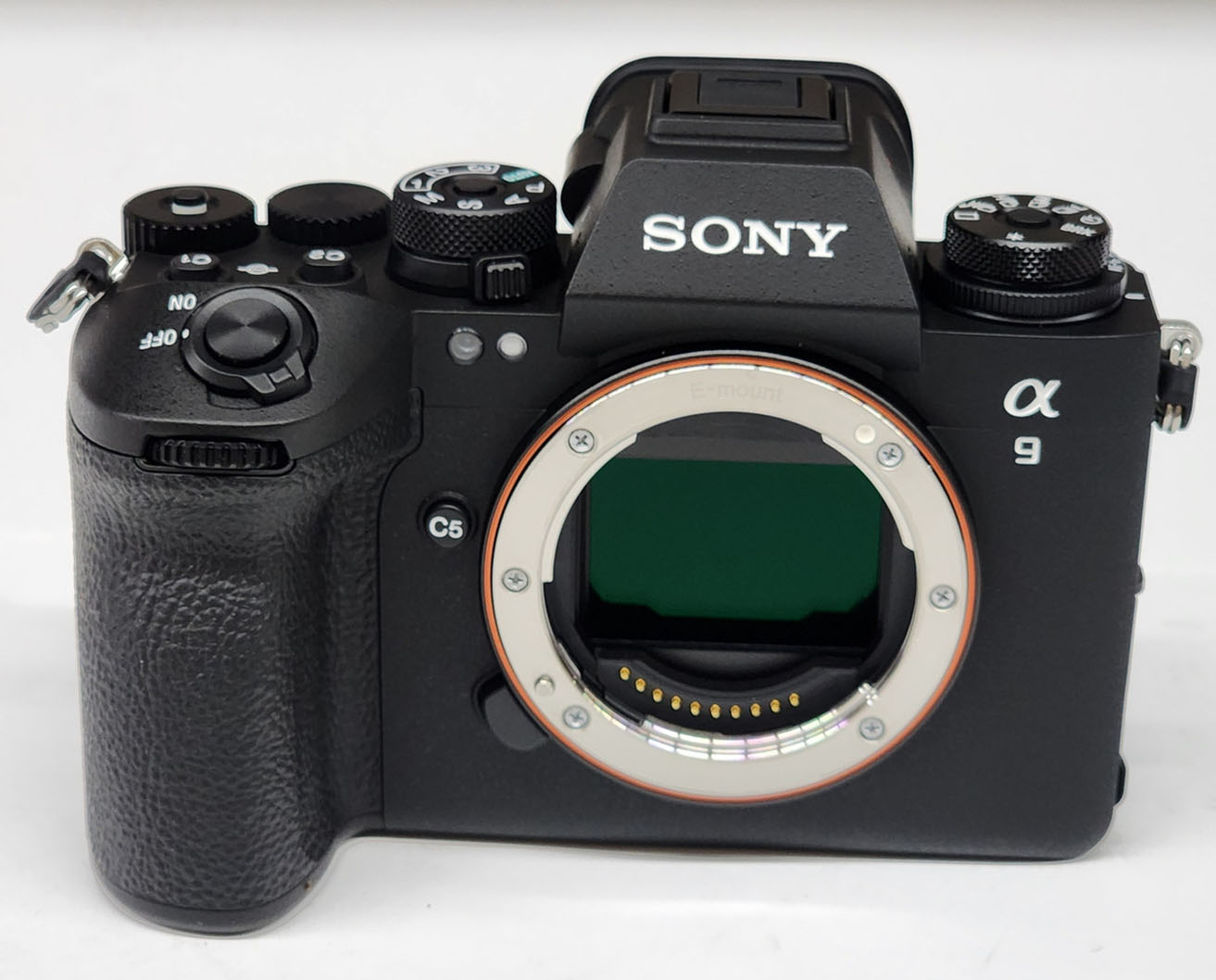We often find myself drained after intense shooting sessions and long hours of editing. The creative process, combined with extended screen time, has led me to neglect the importance of rest. However, over time, I realized how crucial adequate sleep is for enhancing my photography. Today, I want to share how improving sleep quality can elevate our creativity, particularly in the realm of photography.
The Connection Between Photography and the Brain: Why Sleep Matters for Creativity
For a long time, I ignored the effects of sleep, thinking that working late into the night meant more time to complete projects. But I soon realized that prolonged fatigue and lack of sleep hindered my brain’s ability to process information effectively, impairing both focus and creativity.
Sleep plays a vital role in brain restoration. It helps consolidate memories and regulate emotions. While we sleep, the brain clears out clutter and organizes thoughts, preparing us for new challenges. A lack of rest not only leaves our bodies exhausted but also affects our ability to respond quickly and observe carefully during photo shoots. In photography, we often need to capture moments in an instant, and this requires a sharp, well-functioning brain.
Sleep Disorders for Photographers: How Lack of Rest Affects Work Efficiency
I realized that sleep deprivation often left me sluggish during shoots, causing me to miss valuable moments. This was particularly evident during golden hour shoots in the early mornings or late evenings when, due to lack of sleep, I felt anxious, unfocused, and unable to fully engage with the beauty of the scene.
Additionally, long hours spent in front of screens caused eye fatigue, which not only affected my focus during shoots but also contributed to visual strain when editing photos. This combination of physical fatigue and mental exhaustion diminished my creativity, resulting in photos that lacked the impact and emotion they usually conveyed.
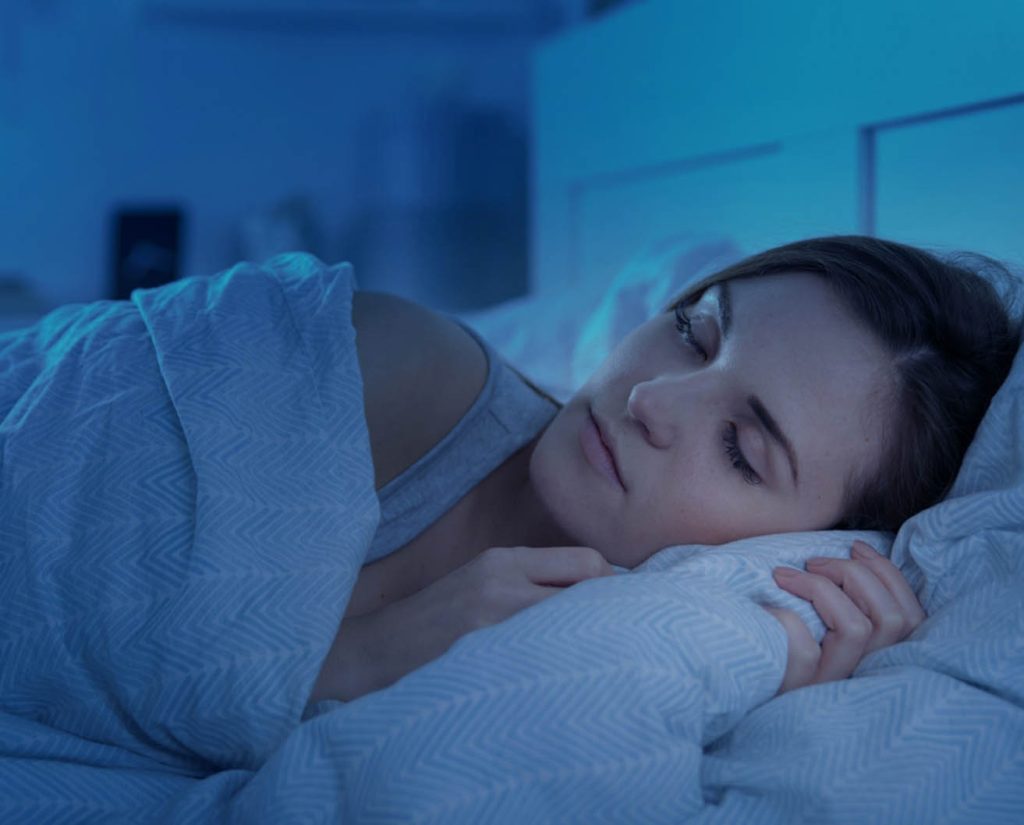
Improving Sleep: The Key to Boosting Creativity in Photography
To enhance my creative output, I decided to prioritize sleep and give myself enough recovery time. By making a few simple adjustments to my sleep routine, I gradually restored my clarity of thought and creative spark.
- Set a Consistent Sleep Schedule: Photography work often disrupts my sleep routine, especially when I travel for shoots. But I found that establishing a regular bedtime and wake-up time helped me feel refreshed in the mornings and more productive during shoots. A consistent schedule allowed me to conserve energy for my creative endeavors, rather than dragging myself through work while exhausted.
- Reduce Screen Time at Night: Photography involves a lot of screen time, especially when editing photos. But I realized that excessive screen exposure at night was impacting my sleep quality. Now, I turn off electronic devices an hour before bed and instead opt for reading or practicing relaxation techniques like meditation. This not only helps prevent blue light interference but also makes it easier for me to fall into a restful sleep.
- Create an Ideal Sleep Environment: I value comfort and peace, and these elements are key for restful sleep. I adjusted the lighting and temperature in my bedroom to ensure it was conducive to relaxation. By eliminating noise and making sure my bed was comfortable, I was able to relax more quickly and enter deep sleep, allowing my body and brain to fully recover.
- Use Smart Mattresses for Enhanced Sleep Quality: I also invested in Eight Sleep, a smart mattress that automatically adjusts its temperature to suit my body’s needs. No matter the weather, the mattress ensures I remain comfortable throughout the night. With Eight Sleep‘s precise temperature regulation, I enjoy a restful night’s sleep, which significantly improves my energy levels and creativity for the following day’s photo shoots.
Photography Equipment and Sleep: Enhancing Creativity Through Technology
In addition to improving my sleep, I also realized that high-quality equipment plays a crucial role in photography. Recently, I added the Sony A7R IV camera to my gear collection, and it’s been a game changer. This full-frame mirrorless camera not only delivers exceptional image quality but also excels in low-light environments. For a photographer like me, being able to capture clear, detailed shots during golden hour or night shoots has been a huge improvement to my creative output.
The Sony A7R IV‘s fast autofocus system makes shooting smoother and more efficient. Its 61MP resolution allows me to capture fine details, while its excellent dynamic range ensures I can handle a variety of lighting conditions. Every time I shoot landscapes or portraits with this camera, the results are consistently stunning. Combined with my improved sleep and recovery, this camera allows me to capture more meaningful and powerful shots.
Sleep and Photography: Boosting Your Creative Energy
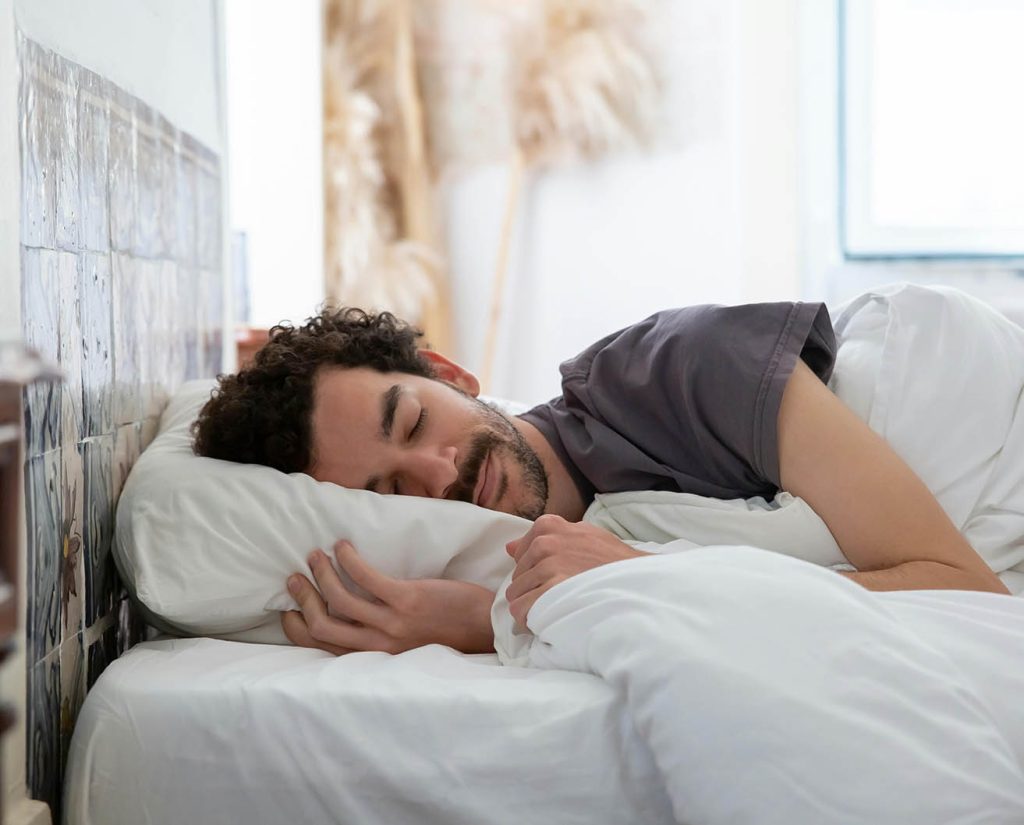
With the changes I’ve made to my sleep routine, I’ve noticed a significant improvement in my photography. Now, I’m able to focus more deeply and capture intricate details that I might have missed before. In particular, I’m more effective in shooting landscapes and night scenes, where sharp focus and a clear mind are essential. My refreshed creativity has led to photos that feel more impactful and full of energy.
By improving my sleep, I’ve been able to better manage my workflow without losing inspiration. During the golden hours of the morning, I now wake up full of energy, ready to capture the magic of the moment. These shots are often the ones I’m most proud of.
Sleep and Creativity in Photography Go Hand in Hand
For photographers, adequate sleep is not only essential for physical health but also for creative output. By adjusting my sleep schedule, reducing screen time, creating a more suitable sleep environment, and using smart mattresses like Eight Sleep, I’ve significantly improved my sleep quality. This, in turn, has made me more focused and creative during photo shoots.
If you’re a photographer looking to improve the quality of your work, I highly recommend you start by improving your sleep. Giving yourself the proper amount of rest can rejuvenate your mind, providing you with the energy and clarity needed to create stunning images. I hope you, too, can experience the joy of capturing beautiful moments with fresh eyes and an energized spirit!
